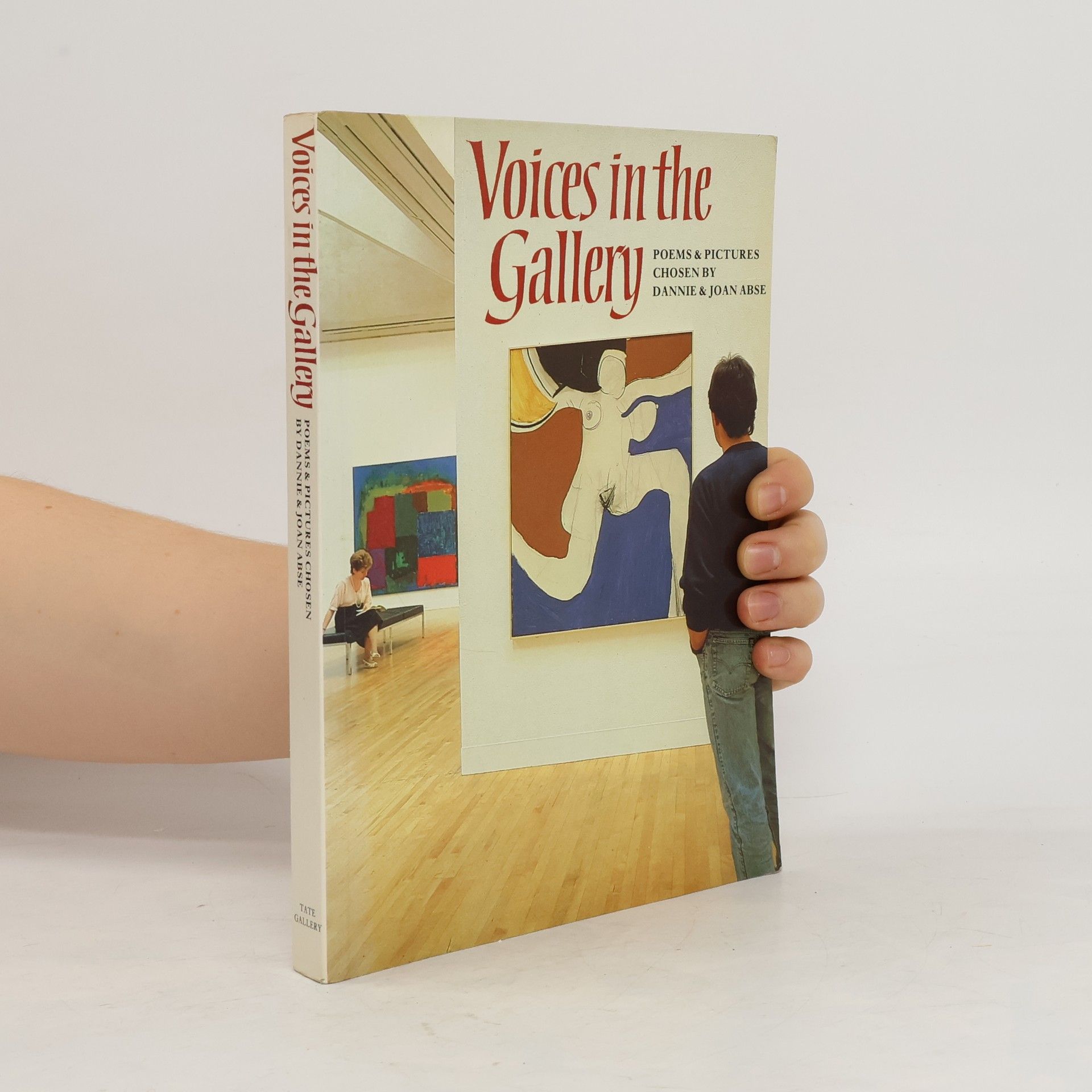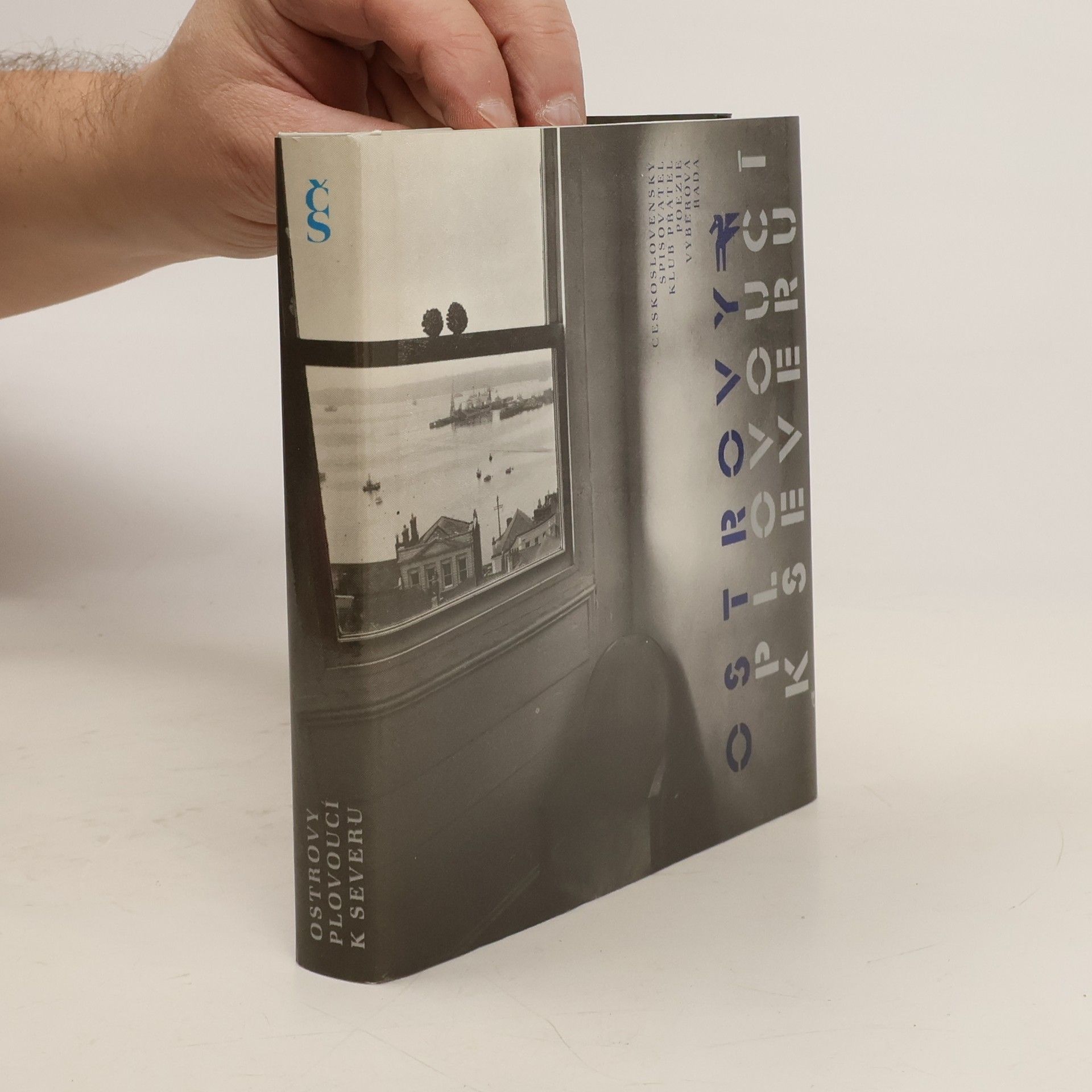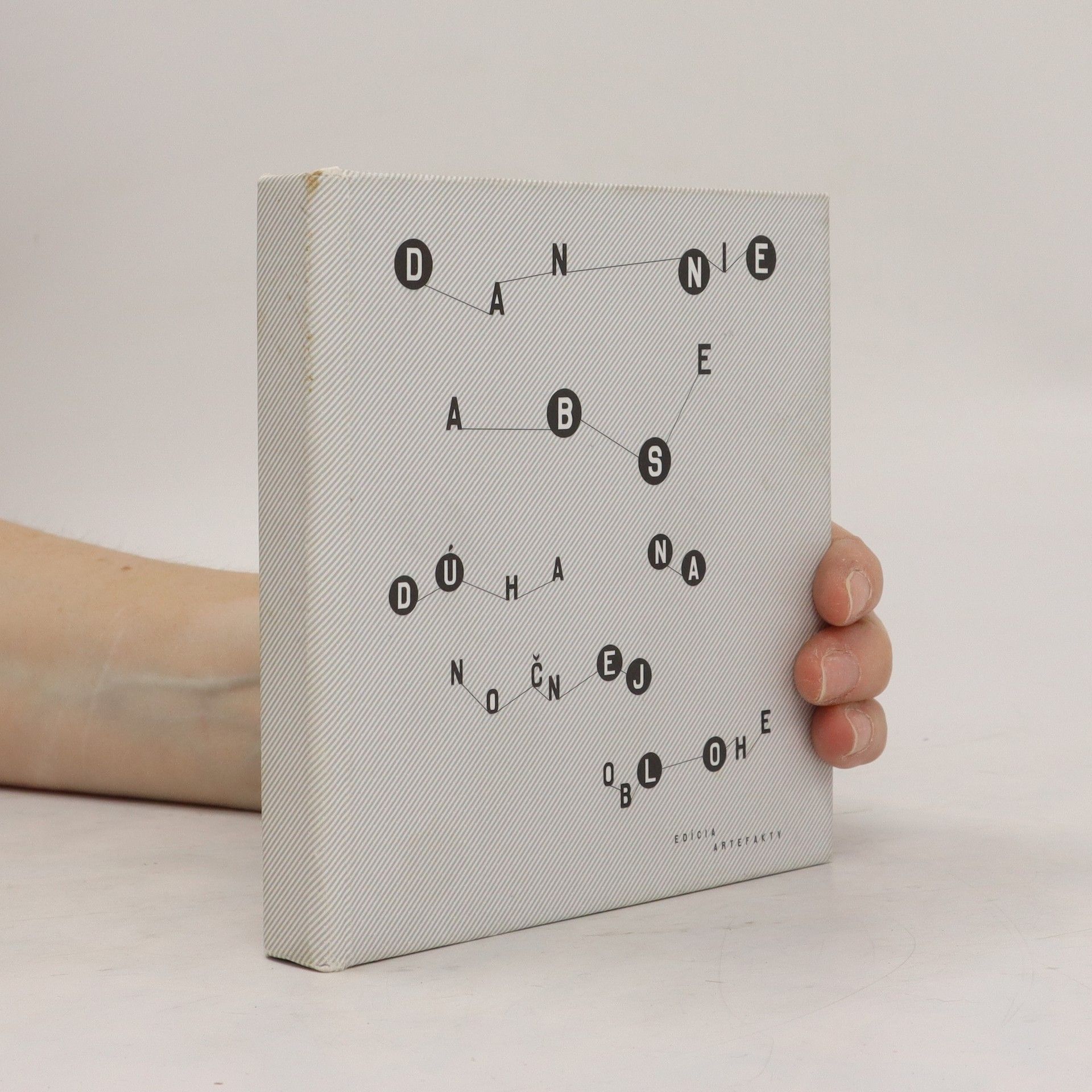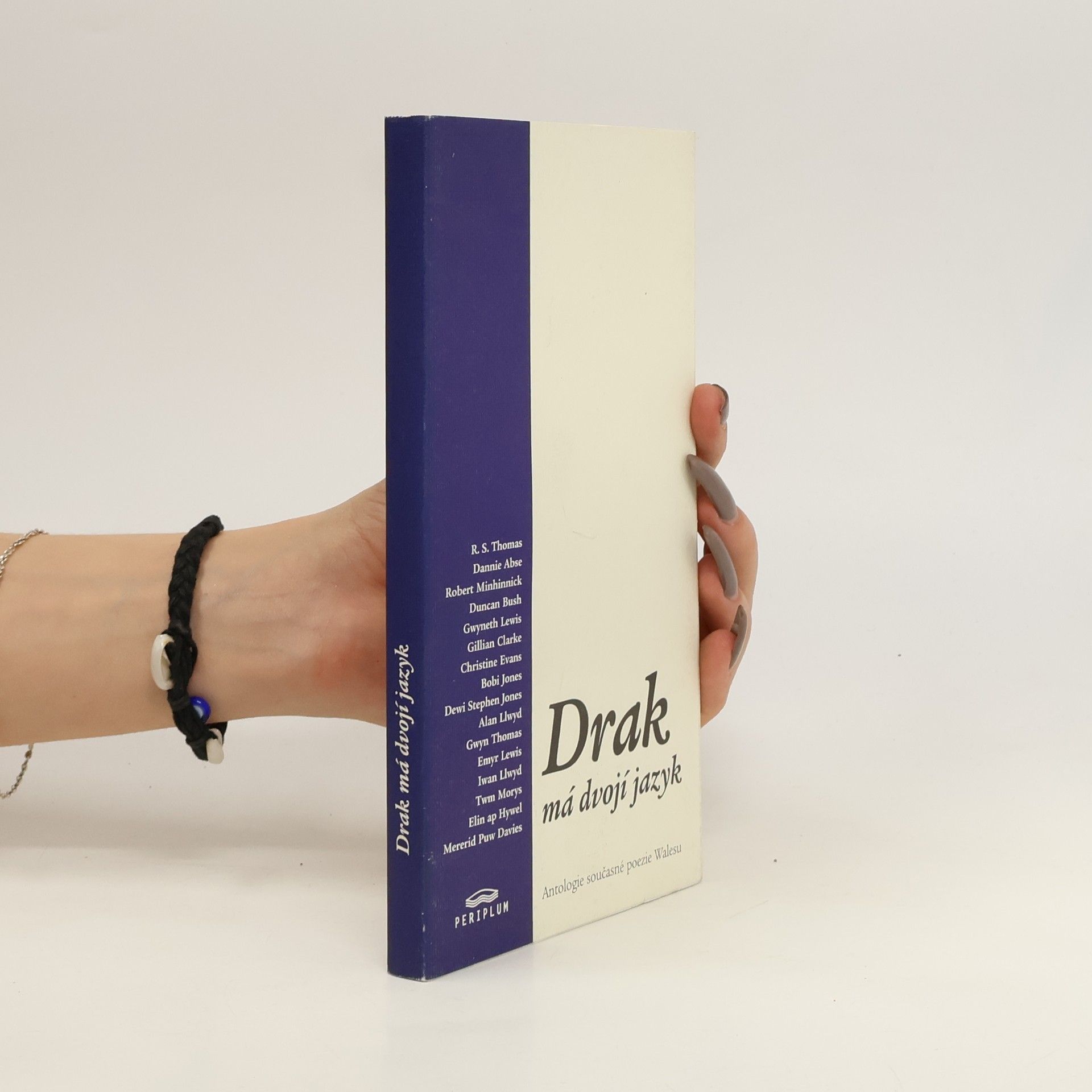Drak má dvojí jazyk
- 156 stránek
- 6 hodin čtení
Waleský básník a spisovatel.







Výber z tvorby Dannieho Abseho zostavil a preložil Marián Andričík. Abseho básnický rez svetom je presný niekedy až naturalisticky hlboký. Oscilácia medzi skepsou a nádejou, prítomná v mnohých básňach, odráža jeho detailné vnímanie reality a pokus básnicky sa s ňou vyrovnať. Tento „jemný existencialista", ako ho v monografii o jeho poézii nazval básnik a kritik M. L. Rosenthal, na margo svojej tvorby napísal: „Nechcel som uverejňovať uhladené básne, ktoré by prehliadali psychotickú surovosť 20. storočia."
Beautiful color reproductions. 212p. Measures 6.5x9.25 inches. Poets include Thomas Hardy, Yeats, Wallace Stevens, Ezra Pound, William Carlos William, Auden, Rilke, Ted Hughes, and others. Works of art and artists include the Elgin Marbles, Piero della Francesca, Michelangelo, Giacometti, Turner, Rothko, and others.
This volume is an anthology of 100 of the finest love poems, including those by Shakespeare, John Donne, Shelley, W.H. Auden, Seamus Heaney, Andrew Motion, Robert Lowell and Tony Curtis.
2013 marks Dannie Abse's 90th birthday. In his lifetime he has published an astonishing array of work including poetry, fiction, criticism, plays, and autobiography, but it is as a poet that he is best known and loved. In Speak, Old Parrot he returns to themes of loss, love, medicine and its moral implications, the nature of creativity, Jewish folk tradition, and the passing of time. The poems are observant of the outside world as well as the inner life and emotions, but most of all they are a joy to read.
Widely acclaimed for its warm humour, lyricism and honesty, as well as its accurate evocation of the 30s, this has become a classic. In this autobiographical novel, Abse interweaves public and private themes, setting the fortunes of a Jewish family in Wales against the troubled backcloth of the times.